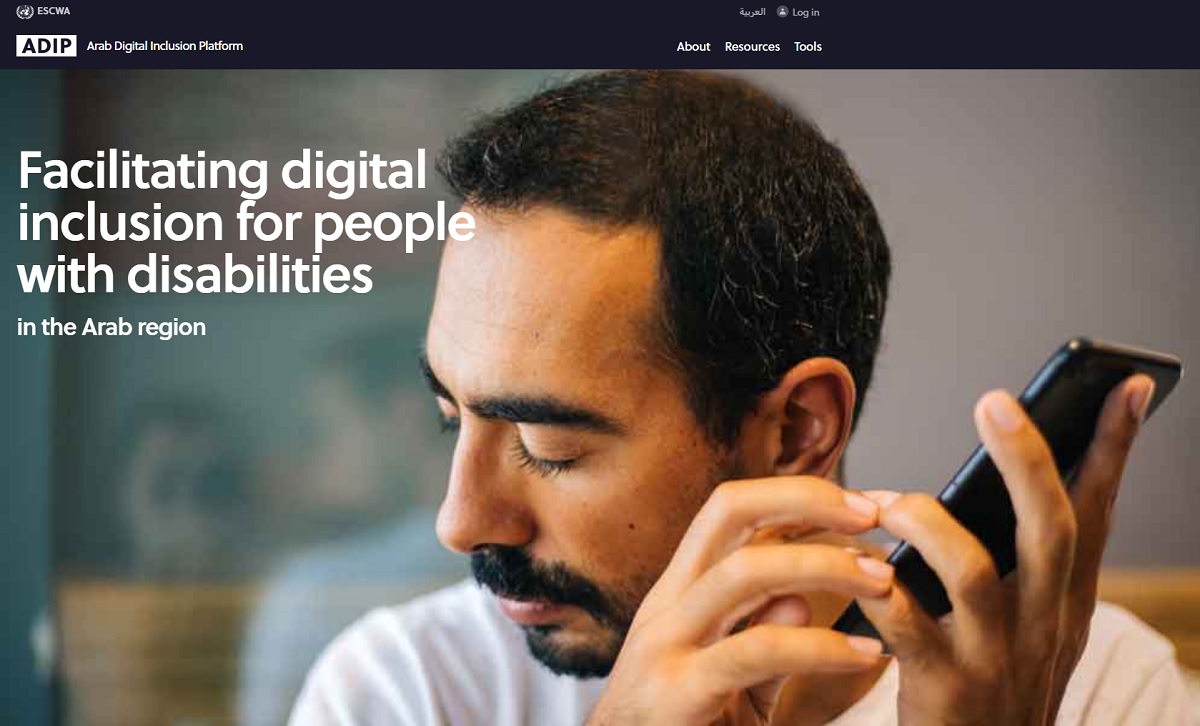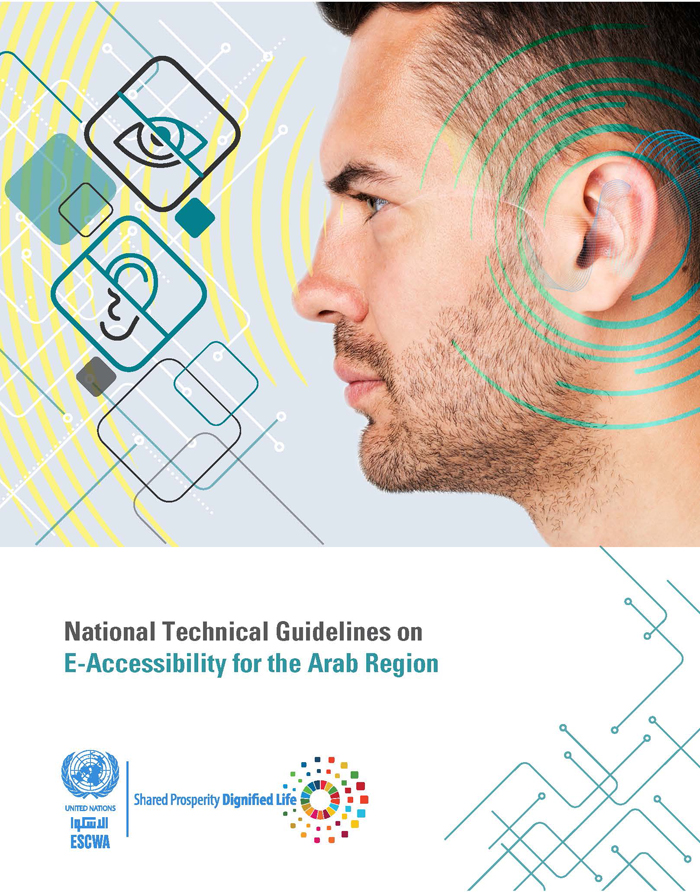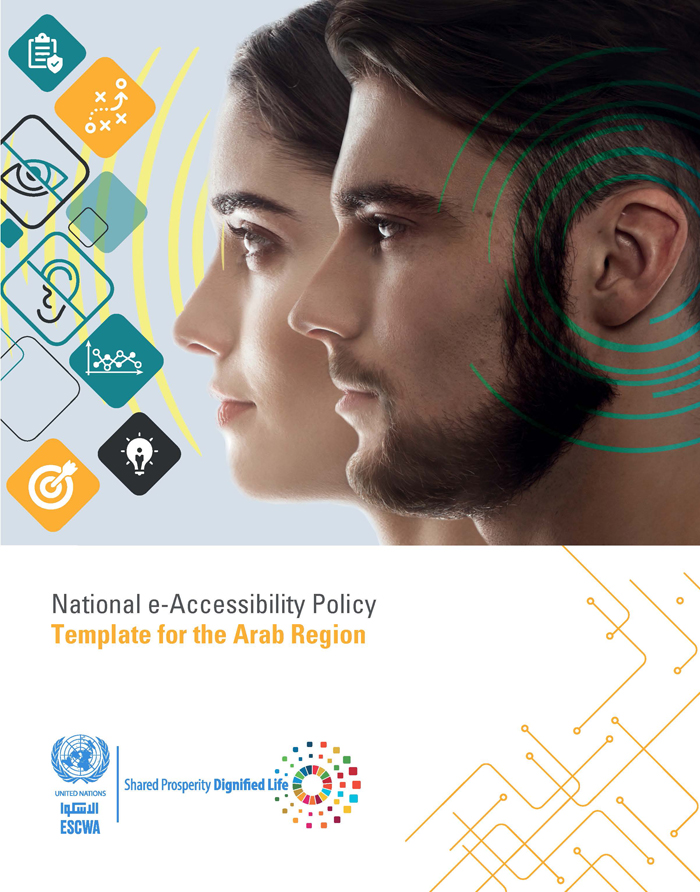Ensuring that people with disabilities have access to digital technologies is essential for development. In 2020, ESCWA launched the Arab Digital Inclusion Platform (ADIP) project, focused specifically on enabling better e-accessibility in the Arab region. Now, the next phase of the project is under development with the help of stakeholders and experts in technology and disability.
The aim of this meeting is to propose a roadmap for increasing the impact of the project throughout the region. The meeting draws on the results of a consultative survey as backdrop against which to explore and analyse the future of ADIP.


